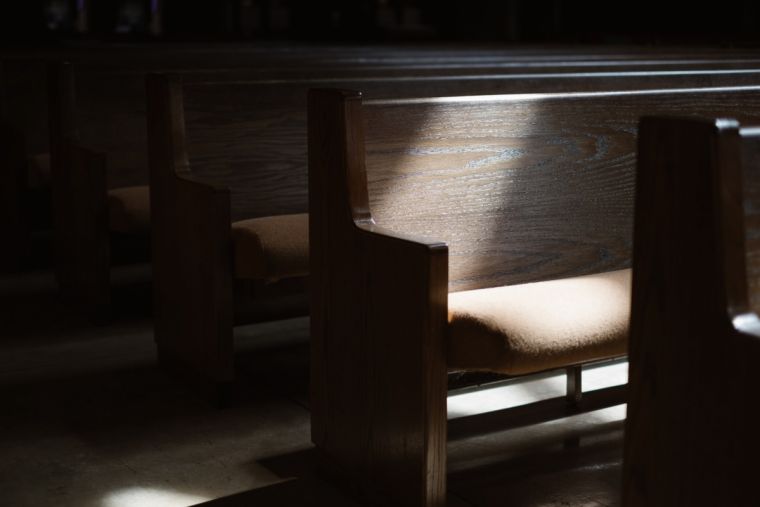Church 'has a long way to go' in tackling racism

The Church is "only at the beginning of the journey" towards racial equality, minority ethnic leaders have said.
They came together for a webinar hosted by Churches Together in Britain and Ireland to mark the release of Racial Justice Champions Volume 1, a new free resource by the organisation celebrating racial justice pioneers from the last 25 years.
The launch coincided with Black History Month but it comes at a time when the Church is continuing to question its own legacy and role in fighting racial injustice following the killing of George Floyd last year.
Rev Dr Rosemarie Mallett, Archdeacon of Croydon, said Floyd's death had led to "an international reckoning" on the issue, but she also expressed disappointment that some institutions appear only to be responding "in a virtue signalling way".
Dr Mallett said there was "no magic bullet" to solve the problem of racial inequality all at once, but she challenged people to do what they could.
"Everyone has a responsibility to put our marker down and do what we can and to find a way that we can contribute to changing the structures around us, and transforming those unjust structures," she said.
Rev Sivakumar Rajagopalan, who led the London Baptist Association's racial justice work from 2003 to 2018, spoke of the resistance he had encountered particularly from evangelicals who suggested to him that it was "waste of time" and a "social gospel agenda" that was taking away from the work of mission and evangelism.
He said he was "horrified" by the continued "strident manner in which even Christians push back on racial justice matters" despite the death of George Floyd and the ensuing national debate on racism.
"I've been shocked by that but in one sense not surprised because there were many people who spoke the right things but in their hearts there was no real meaningful change," he said.
The webinar also heard of the need to empower the younger generations in taking up the baton to push for racial equality.
Rev Dr Inderjit Bhogal, who was the Methodist Church's first non-white president, said the importance of young people taking the lead on racism "cannot be understated", and that he was "hopeful" when he saw their passion and commitment following the death of George Floyd.
"Racism is like Covid. It's there and it impacts everyone and we're going to have to deal with it all through our lives, and the people who follow us will be having to do exactly the same," he said.
"These are enormous issues and they operate at structural, individual and theological levels and we have to address them at all levels, and we can't ever think the work is done. In many ways we're only at the beginning of the journey. We have a long way to go."
Rev Rajagopalan said that while there had been an "upsurge in interest" since George Floyd's death, he expected this would eventually pass "because privilege and power will re-entrench itself".
"We have to be effective and act now," he said.
"We really need to empower the younger generation of prophetic voices on racial justice to speak [because] we're never going to be in a post-racial society, it's always going to be an issue."
Rev Ronald Nathan, former director of the African Caribbean Evangelical Alliance, agreed, saying, "Every generation has got to be mindful and on the alert about addressing injustice wherever it arises.
"None of us are able to sit on our laurels and say we have achieved [it] because very soon we will find that circumstances change."











